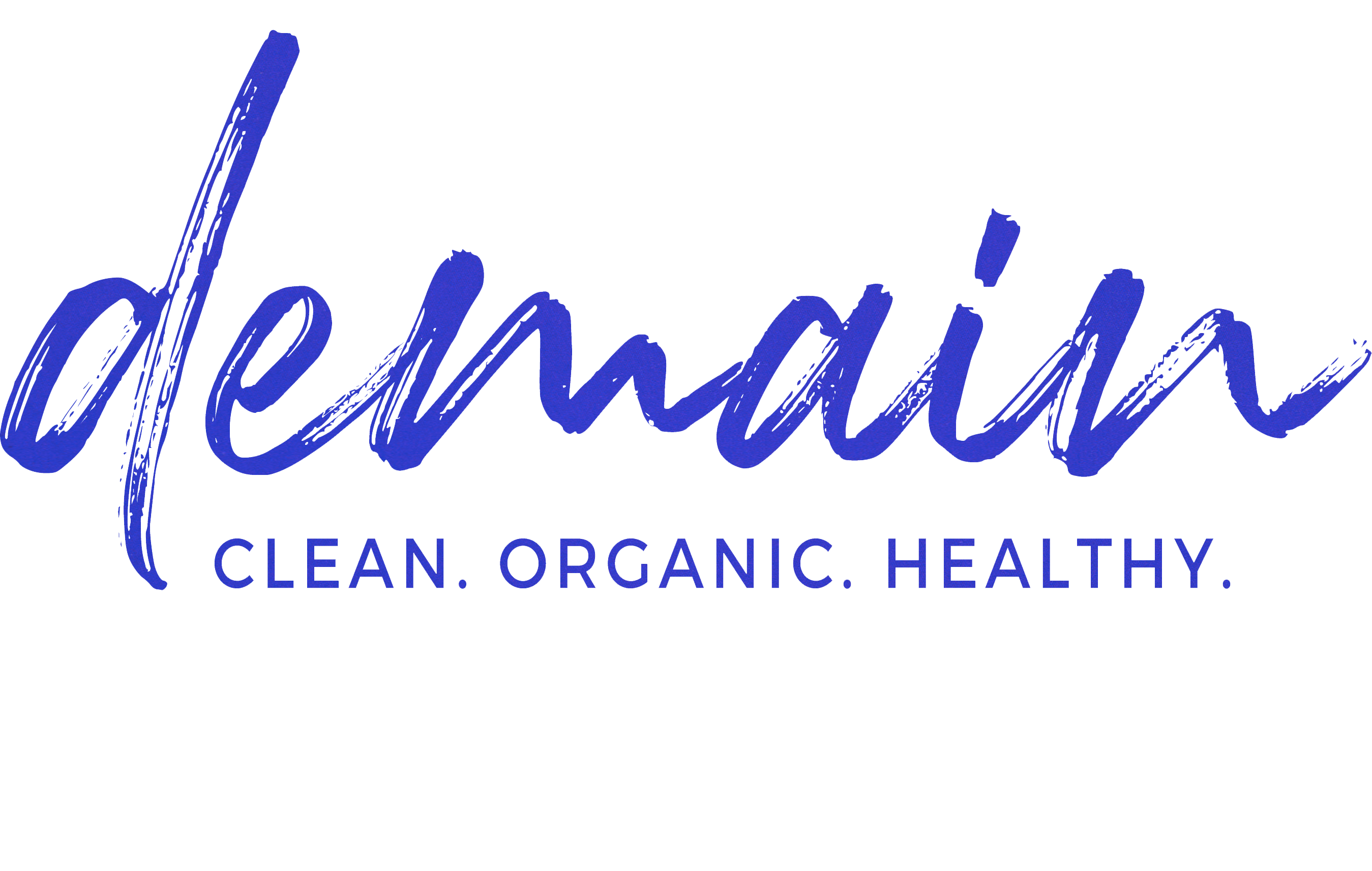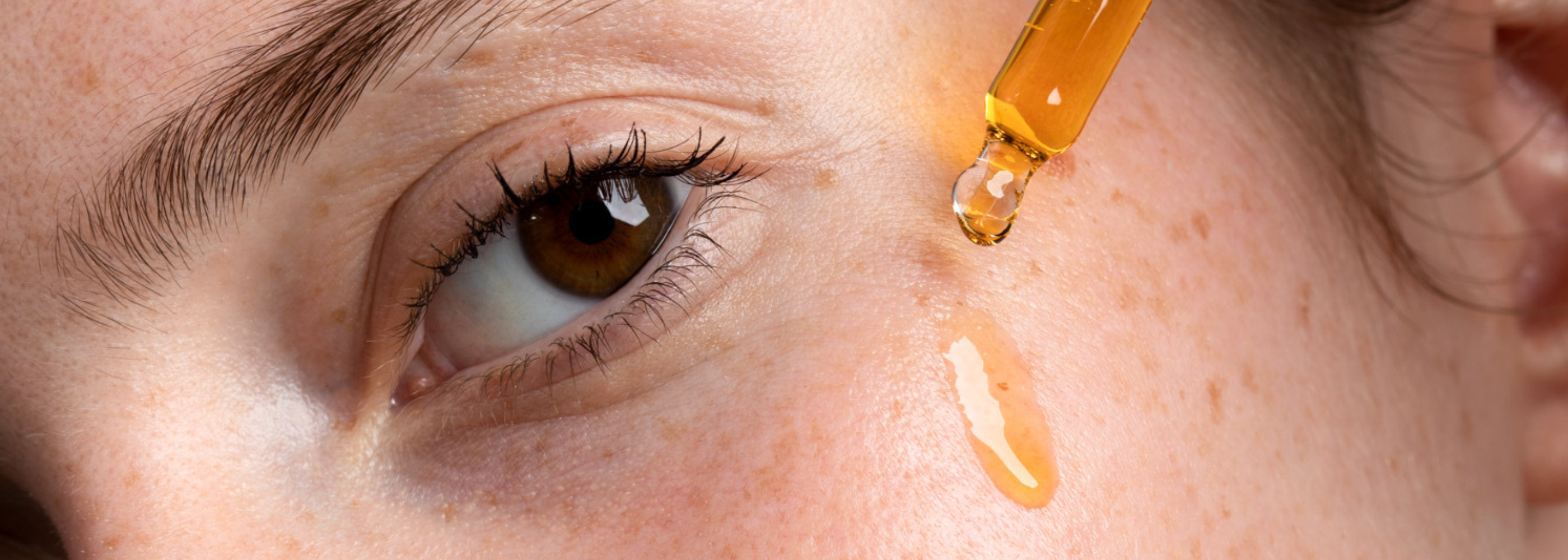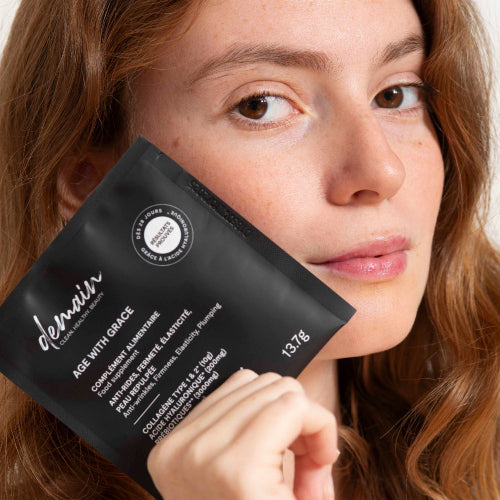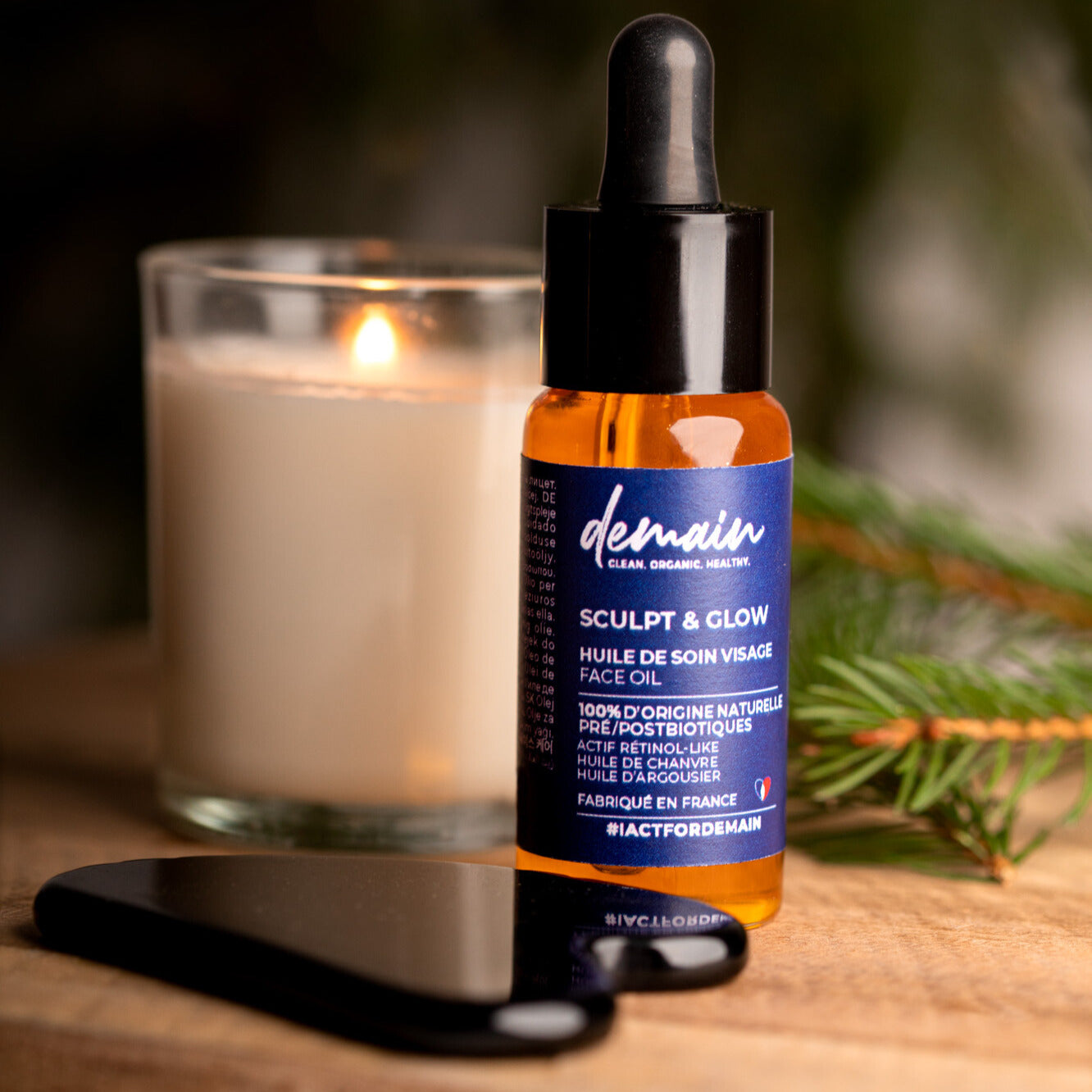Quick reminder: what is the microbiome?
The microbiome refers to all the living microorganisms present in our body. Many people may not be aware, but our body hosts billions of bacteria, fungi, and yeasts. Yes, you heard it right! A human body is composed of approximately 100 trillion bacteria, which amounts to about 2 kilograms of microorganisms. These beneficial bacteria primarily reside in our intestines, accounting for around 70% of the total.
The role of these good bacteria is vital as they aid in vitamin production, strengthen our immune system, and assist in digestion. It's important to note that only one-third of the microbiota is shared among all individuals, while the remaining two-thirds are unique to each person. The microbiota can be classified into three types: gut microbiota, skin microbiota, and vaginal microbiota.
The establishment of the microbiota begins at birth. For babies born through the vaginal canal, their microbiota is initially seeded by the vaginal flora. In contrast, babies born via cesarean section acquire their initial microbiota from the surrounding environment and other sources of microorganisms.
Subsequently, several factors are at the origin of the development of our microbiota:
- The genetic heritage.
- The environment in which we operate.
- The variety of our food and our lifestyle.
What are the different roles of the gut microbiome?
The intestinal microbiome is located mainly in the small intestine and in the colon; the stomach being an environment too acidic for the development of micro-organisms.
As mentioned earlier, 70% of the good bacteria in the microbiota evolve in the intestines and play a decisive role in our health.
The digestion of food
To begin with, the intestinal microbiota is involved in the digestion of food. It ferments the food residues that our body cannot digest on its own: in particular the vegetable fibers found in fruits and vegetables, as well as cereals.
It regulates the absorption of fatty acids and magnesium, and also allows the synthesis of vitamins (K, B8 and B12) which are essential for our health.
Protect the body
The second role of the microbiome is to protect the organism from pathogens by allying with the immune system.
To illustrate this point, let's take the example of a newborn baby. At birth, his immune system is immature. Over the years, the microbiota will gradually settle in and will allow the immune system to recognize the good microorganisms from the pathogens that cause disease.
To know ! It is during the first years of life, then from the age of 65-70, that the diversity of species present within the intestinal microbiota varies the most. Between these 2 periods, its composition is stable and evolves very little .
But the role of macrobiotics does not stop there! It also has an impact on other functions of our body such as growth, the fight against pain, and sensitivity to stress.
Why is it important to take care of your gut microbiome?
The intestinal microbiota is a key player in our health, as it directly influences transit and our immunity.
When the microbiota is unbalanced, the quantity of beneficial microorganisms within our body decreases and causes an increase in so-called harmful microorganisms.
The effects of an imbalance of the intestinal microbiota are numerous: bloating, flatulence, slowed or accelerated transit, or even digestive spasms.
In our everyday life, this microbiome is constantly altered and put to the test due to several factors such as:
- A diet low in fiber.
- Too much consumption of ultra-processed products containing chemical preservatives.
- Taking antibiotics because they kill all bacteria, both good and bad.
Taking care of your microbiome means promoting good bacteria, especially the one that protects against viruses. Essential, especially at this time.
How ? We give you 6 tips, simple and effective!
6 tips to take care of your microbiome

Take a big glass of water in the morning to play
Drinking a large glass of lukewarm water when you wake up and 15 minutes before your breakfast will help relaunch your body, which was working in slow motion during the night, will stimulate digestion and help eliminate metabolic waste.
Go back to a high fiber diet
Processed products are full of additives and very sweet and deplete your body. Nothing is better for your microbiome than to nourish it with fresh and seasonal products.
Favor as much as possible for your products whether they come from the market, a greengrocer, organic farming or, for the luckiest, from your vegetable garden.

Use fermented products like kefir or kombucha
Kombucha is a fermented drink made from tea (green or black) , sugar and a colony of bacteria and yeast.
This drink contains probiotics, vitamins, enzymes that will detoxify your body and boost your microbiome.
Kefir is also a fermented drink, it exists in two forms:
- Milk kefir.
- Fruit kefir.
Just like kombucha, this one is packed with probiotics.

Take a course of probiotics and prebiotics
Probiotics are the good bacteria that will balance your intestinal flora and strengthen your immune system.
Prebiotics are nutrients intended to promote the proper development of the microbiome.
Doing a one-month cure will allow you to recharge your microbiome and give your body a boost.
And why not take the opportunity to take a course of food supplements Go For Detox or Go For Protection .

Use more natural cosmetics to protect the skin microbiome
Did you know that you also have a skin microbiota? Eh yes ! Recent studies have shown that we have, in addition to our internal microbiota, a bacterial flora that protects our skin from external aggressions.
Some cosmetic products contain chemicals that unbalance this protection and cause acne, eczema, psoriasis, sensitive skin... It is therefore important to favor natural products and/or rich in pre and probiotics that will rebalance your flora.
Demain offers you two treatments, a Go For G low cleansing gel and a Go For Protection day cream to take care of your skin.
Products rich in prebiotics, probiotics, postbiotics and antioxidants that will protect your skin microbiota while acting as a barrier to external aggressions such as UVE , infrared rays and pollution.
A little extra : the day care also protects against blue light (very useful during this period of telework) .

take the time to cook
In everyday life, because of an ever faster pace of life, transport, work, we take less and less time to cook.
But it is very important to cook yourself for many reasons!
A balanced and varied diet will provide many nutrients to your intestinal microbiota. Fruits and vegetables are your best allies and will provide good microorganisms.
Therefore, favor fruits, vegetables and foods rich in fiber such as dried fruits and legumes. Conversely, limit your consumption of fatty and sugary foods, as well as spicy or exciting foods that can lead to a poor balance of the microbiota.
For the future, think back to this article, and think about your microbiome, which helps you on a daily basis, protects you from external aggressions, but also from bad bacteria.
We have never had so much time to take care of ourselves and our bodies: it is therefore high time to “take the time”.











